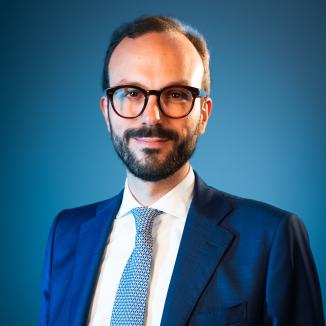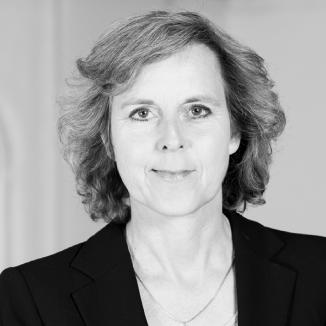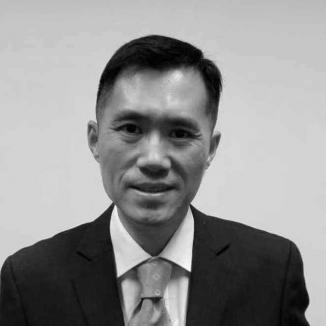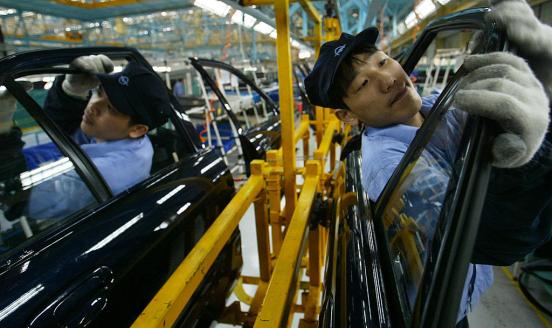Trump’s energy policy: America first, climate last?
This event seeked to discuss the potential way forward for the US energy and climate policy, and its implications for both global energy markets and g
Speakers
Simone Tagliapietra
Senior fellow
Connie Hedegaard
Chair, KR Foundation,
Tim Boersma
Senior Research Scholar, Center on Global Energy Policy, Columbia University,
Kristine Berzina
Transatlantic Fellow, Brussels GMF,
Zhang Xumin Zhang Xumin
Political Counselor for energy issues,Chinese Mission to EU,
Video and audio recordings
summary
Connie Hedegaard argued that the Paris Agreements (PA) will survive Trump’s administration. China and India are on board thanks to Obama’s efforts and the PA will remain valid for 4 years after a declaration of withdrawal, if it were to happen. The early reaction from China’s President Xi Jinping at Davos leads to think that China will respect its INDC. However, one should not underestimate Trump’s claims as PA’s implementation is a highly fragile process. She reminded that climate change is not even mentioned in the White House energy strategy, which is all focused on energy independence. The technological frontier was led by low-carbon innovations, but future developments are now uncertain.The panelists analyzed from different perspectives what the Trump’s administration will imply for US energy and climate policy, as well as the EU and global implications. Tim Boersma noted that we are now in uncharted territories. While Obama’s administration brought more stringent environmental regulations, with Trump we are assisting to a dismantle of climate policies. According to the modeling he reported, withdrawing from Obama’s Clean Power Plan (CPP) would not disrupt the ongoing trends, namely the phasing out of coal and the increasing use of renewables and natural gas. The CPP is thus simply reinforcing these trends. Moreover, renewables enjoy increasingly bipartisan support and there are several state-level initiatives (although especially in democratic States) which will help to contain Trump’s action.
Similarly, investors seem to re-direction their portfolios from long-term risk to short-term gains. She also believes that Europe will keep its old role by showing how to be a front-runner in a low-carbon economy while achieving economic growth.
Zhang Xumin confirmed that climate change is a top priority for China and that the INDC will be fulfilled. Last year China decreased its coal capacity by almost the capacity of Germany, although it is a very difficult process and it caused many layoffs. Green finance amounted to about USD 36 billion (39% of the total). Moreover, he claimed that the EU is a very important partner for China, particularly for capacity building and technology transfer, as it has more mature technologies in mitigation and adaptation.
Kristine Berzina looked instead at the implications for the energy market. Gas and coal will likely increase their role in the energy mix, thanks to deregulation (particularly by reducing water protection) and an increase in investments in fossil fuels. This will possibly lead the US to become a gas net exporter, besides already being an oil net exporter.
As a result, if LNG prices will plunge, Trump will probably have to subsidize coal to fulfil his announcements. On the US leadership on technology, she noted that it is mainly based in California, which is not on board with Trump on many issues. She thus expects the State to take individual action, especially on renewables, batteries and green technologies.
A few further points were clarified during the Q&A session:
• The US may withdraw from or ignore the PA, but it is more unlikely to withdraw from the UNFCC;
• An EU-China cooperation on climate change is currently considered as a win-win option by the EU Commission and Ministries;
• The G20 may be an important platform to discuss climate change with the forthcoming German presidency;
• The social cost of carbon should be factored in: while the Chinese carbon market will be kicked-off this year, a CO2 tax in the US is highly unlikely because of lack of incentive;
• Today a lot of emphasis is put on energy, but what about transport, agriculture, buildings and efficiency?
Notes by Enrico Nano
EVENT MATERIALS
Presentation by Tim Boersma








